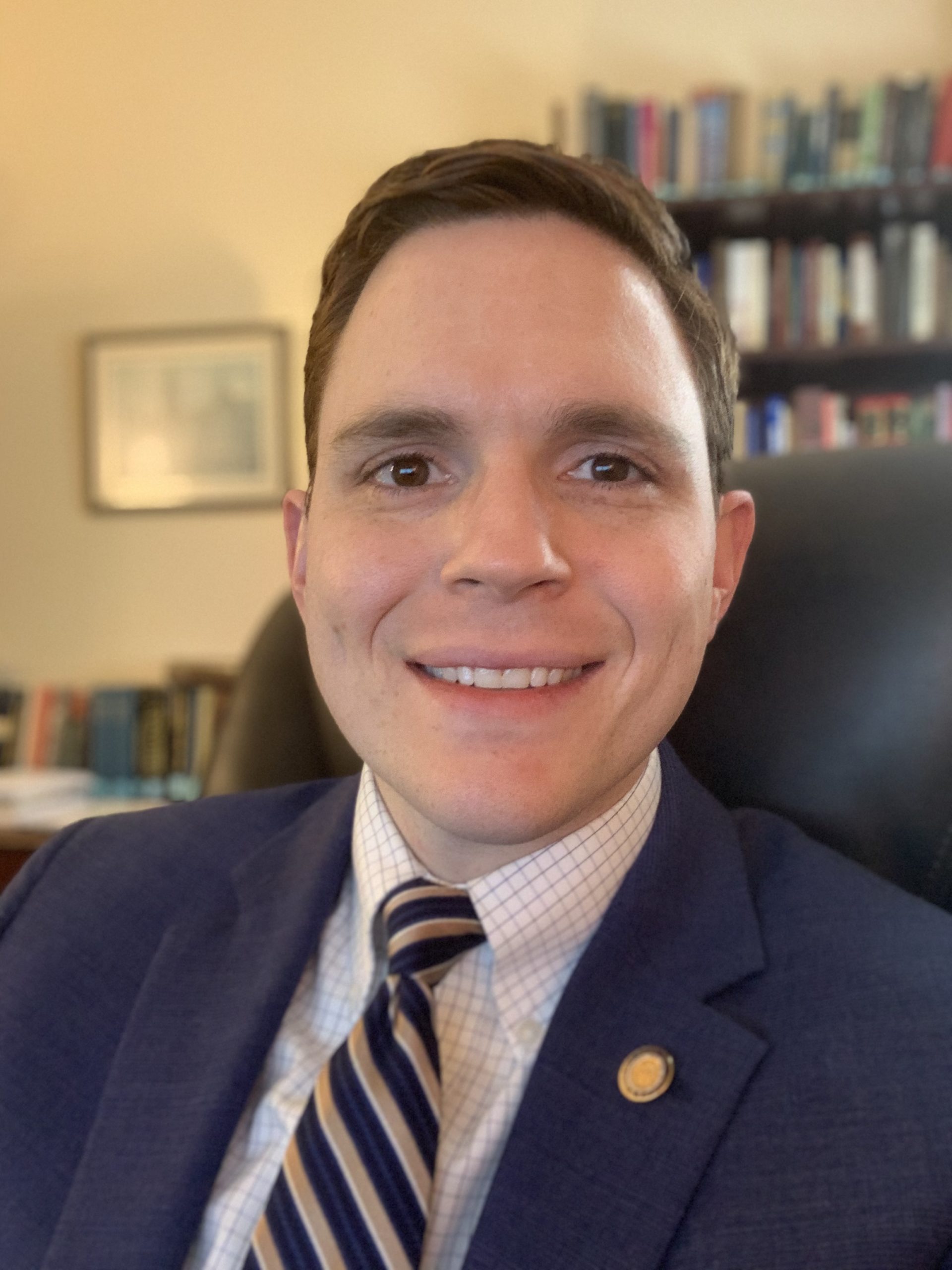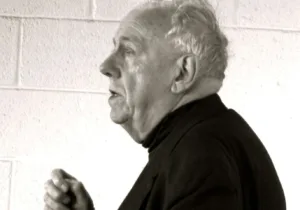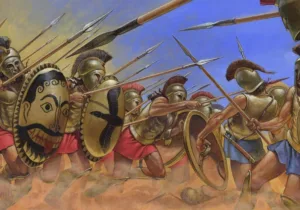History is like memory. As Wilfred McClay argued, “History is to social identity what memory is to individual identity.” How we remember the past, therefore, weighs in importance as much as the events or stories themselves. Thus, history, as an act of memory, means far more than the mere retelling of a constellation of dates, names, places, and events in chronological succession. This means that the historian, as a storyteller, develops for his reader a historical consciousness that connects individuals and a broader society to the past.
In the process of weaving together a narrative of the past, however, the storyteller embarks on a perilous journey. The act of historical recovery presents both its narrator and the audience with challenges that, if mishandled, can end in disaster. Memories, if preserved and recounted with integrity, bless its audience; conversely, distorted memories of our record blanket our tradition in a dense fog, causing us to lose our way and forget who we are and from where we came.
The events of our past matter. Yet it is imperative that we remember them as they truly happened. Who tells the story, how he tells it, and for what purpose, therefore, can make all the difference between a historical consciousness rooted in the truth or a contorted memory that darkens our way. True, while we instinctively look to the past to extract some kind of connectedness, message, or wisdom to meet the quagmires of our present context, this pursuit necessitates what Bernard Bailyn called “critical control.” Without a control on our own biases, we will proceed anachronistically, generating, as Bailyn stated, “an obvious kind of presentism, which at its worst becomes indoctrination by historical example.”
Consider the actions taken by the Southern Baptist Convention in the early 1970s after the Supreme Court handed down Roe v. Wade. It might surprise the reader to know that the nation’s largest Protestant denomination in the 1970s came out in favor of Roe. In fact, at six annual meetings of the Southern Baptist Convention throughout the 1970s, the messengers overwhelmingly voted in favor of resolutions that viewed the issue of abortion as a complex moral question. The resolutions, furthermore, called upon Sothern Baptists to advocate for “legislation that will allow the possibility of abortion” under conditions like rape, incest, fetal deformity, or the emotional state of the mother.
How Southern Baptists came to that position, however, was due in part to an act in historical recovery.
At the time of Roe, the Baptist Joint Committee on Public Affairs (BJC) served as a public policy and advocacy organization not only for Southern Baptists, but for other Baptist denominations in America. In 1974, the BJC’s executive director, James Wood Jr., provided for his Baptist constituency a pro-choice platform rooted in historic Baptist beliefs on religious liberty. His article, “Religious Liberty and Abortion Rights” was an act in historical memory.
Wood rooted a pro-choice ethic for Baptists in the liberty of conscience, a distinct hallmark of the Baptist theological and ethical tradition. Baptists, throughout their history, have often looked to their commitment to liberty of conscience as a distinctive pillar of their tradition. George Truett, pastor of First Baptist Dallas and President of the SBC from 1927 to 1929, gave a now famed address on the issue of religious liberty in 1920 on the steps of the U.S. Capitol Building. Truett reminded his audience that it was Baptists who had “aid such a great price, through the long generations, that liberty, both religious and civil, might have free course and be glorified everywhere.” In 1922, Secretary of State Charles E. Hughes declared in a public address commemorating the National Baptist Memorial that liberty of conscience stood as “the glory of the Baptist heritage, more distinctive than any other characteristic or belief or practice.” Truett, Hughes, and Baptists throughout the traditions’ history have similarly echoed these sentiments about liberty and freedom of conscience that emerged in the late sixteenth- and early seventeenth-centuries.
This desire to look to the past continued into the middle of the twentieth century. Indeed, in Wood’s article on religious liberty and abortion, he informed Baptists that at the BJC’s October 1973 meeting, the officers voted to oppose any legislative measure to restrict abortions “out of a concern that in our pluralistic society the state should not embody into law one particular religious or moral viewpoint on which differing views are held by substantial sections of the religious and nonreligious communities.” He argued that this action came out of a concern for the “long tradition for upholding liberty of conscience and the separation of church and state.” This commitment to the “Baptist tradition” of religious liberty served as a memory-like crutch for a pro-choice belief. As Wood recounted, this same reliance upon the Baptist history of religious liberty helped the newly formed Religious Coalition for Abortion Rights to declare in 1973 that “abortion is a highly personal decision, one that should be determined by an individual’s conscience, not by the dictates of church or state.”
Similarly, Wood and other moderate Baptists within the Southern Baptist Convention during the 1960s and 70s applied the same principles of the Baptist heritage on religious liberty as a pretext for theological capitulation within denominational structures. Liberty of conscience in the hands of moderate Baptists meant that room must exist within denominations for doctrinal dissent on matters like the Trinity, the inerrancy of Scripture, or Christ’s atonement. Wood warned that Baptists’ “prophetic voice has been seriously endangered.” “History,” he recounted, “attests that religious liberty has been the concern primarily of the persecuted and disinherited minorities, not the powerful and dominant majorities.” Baptists were, in short, on the precipice of losing their historical commitment to religious liberty.
In the hands of moderate Baptists, figures like Roger Williams, Thomas Helwys, John Murton, Obidiah Holmes, Isaac Backus, and John Leland—all towering figures in the Baptist tradition for religious liberty—were remembered not only as defenders of the conscience but reimagined as advocates of a pro-choice ethic and theological ambivalence. Their writings and beliefs were used in an act of historical memory to justify twentieth-century concerns that never populated their seventeenth- and eighteenth-century minds.
To be clearer, none of these figures ever imagined that their views on the conscience necessitated the kind of public atheism adopted by Baptist policy advocates in the twentieth century on the matter of abortion. Even Roger Williams—one of the more liberal advocates of religious liberty—understood that claims of conscience had clear limits, which the natural law demarcated. Certainly, Williams solidified religious liberty in the American colonies and articulated theological and moral foundations on liberty of conscience that latter generations of Baptists wielded for their own endeavors and purposes. Notwithstanding his record on religious liberty, Williams placed conscientious objection to serving in the militia as beyond the pale of toleration. Towards the end of his life, Williams began to seriously doubt whether any functioning society could grant liberty to Quakers, whom he decried as “reducing people from civility to barbarism.”
In other words, Williams’s use of “liberty” was bound by his own time, place, and context–and a lot has changed since his death in 1683.
Thus, how Baptists used their tradition in the twentieth century was historical malpractice that wielded the historical record for the purpose of creating a distinct memory—and a memory with disastrous consequences.
The BJC still operates today, though no longer in fellowship with the Southern Baptist Convention. It still relies upon a distorted memory of the Baptist tradition to justify pro-choice policies and now, the entire array of the LGBTQ agenda.
In this example, how the Baptist tradition on liberty of conscience was remembered was as important as the tradition itself, articulated within its own historical context. But this contest over the meaning of Baptist history serves as a microcosmic picture of similar issues facing us today.
Our public square redounds with a contest of memory. Was America founded as a Christian nation or was it not? Did the “separation of church and state” in the founding period mean an entirely secularized society or merely a national disestablishment of religion? Were the Founders god-like figures with minimal faults, or vicious perpetrators of wickedness, or something in between? Each of these questions encompass the act of historical recovery for the purposes of creating national memory—and the answers to the questions can exert tremendous influence not only on public policy but our national identity.
History, therefore, matters more than many might recognize. Far more than dates, names, and people, history, and our historical memory, can either inform us for the good, or blind us from the truth. Distortions of the past can be as insidious as forgetting the past. Without true memory—a true historical consciousness—we will, indeed, perish.






